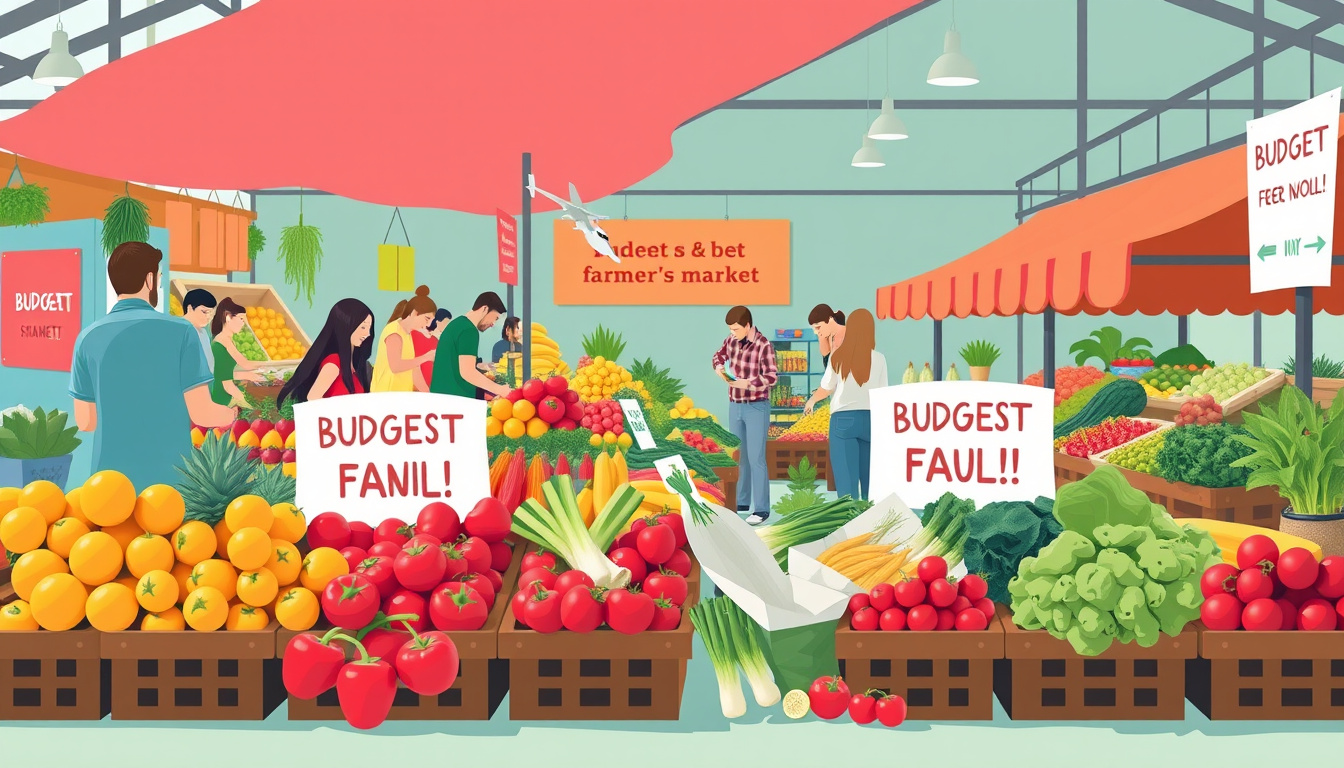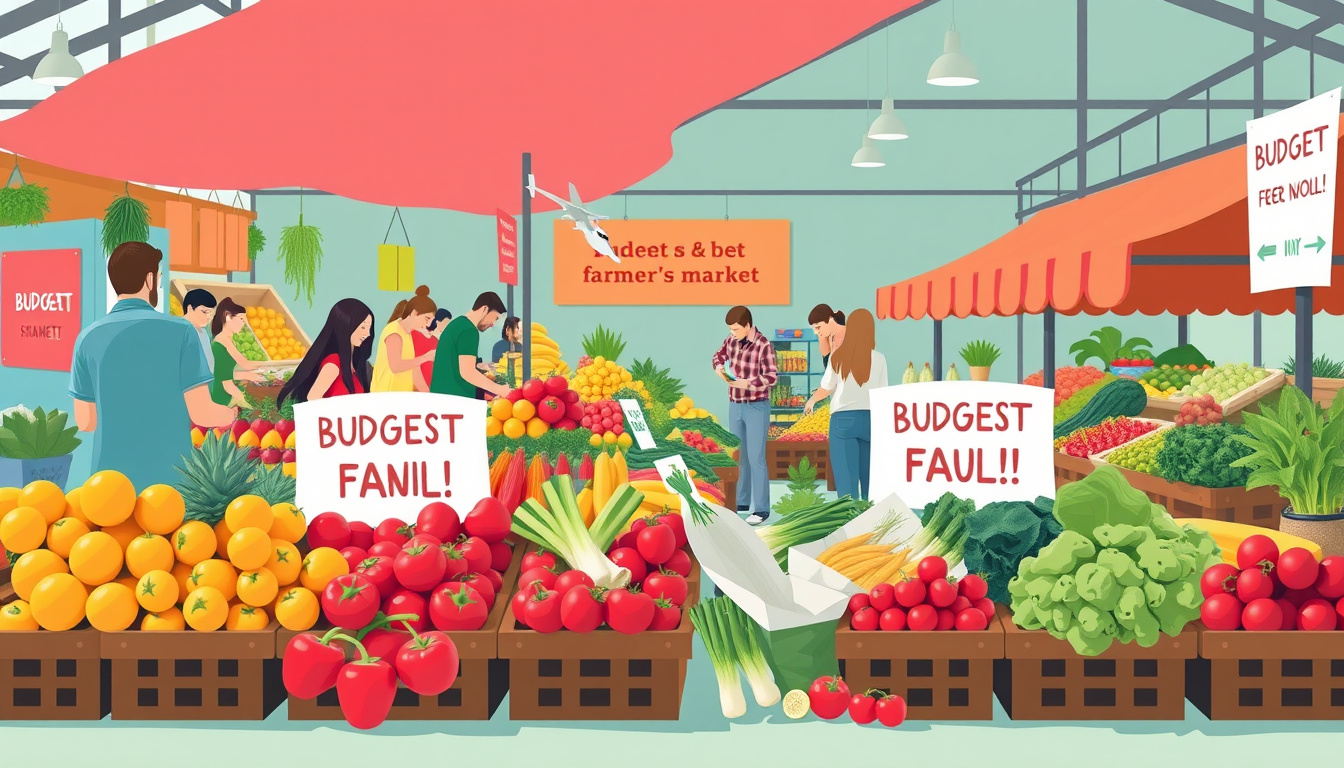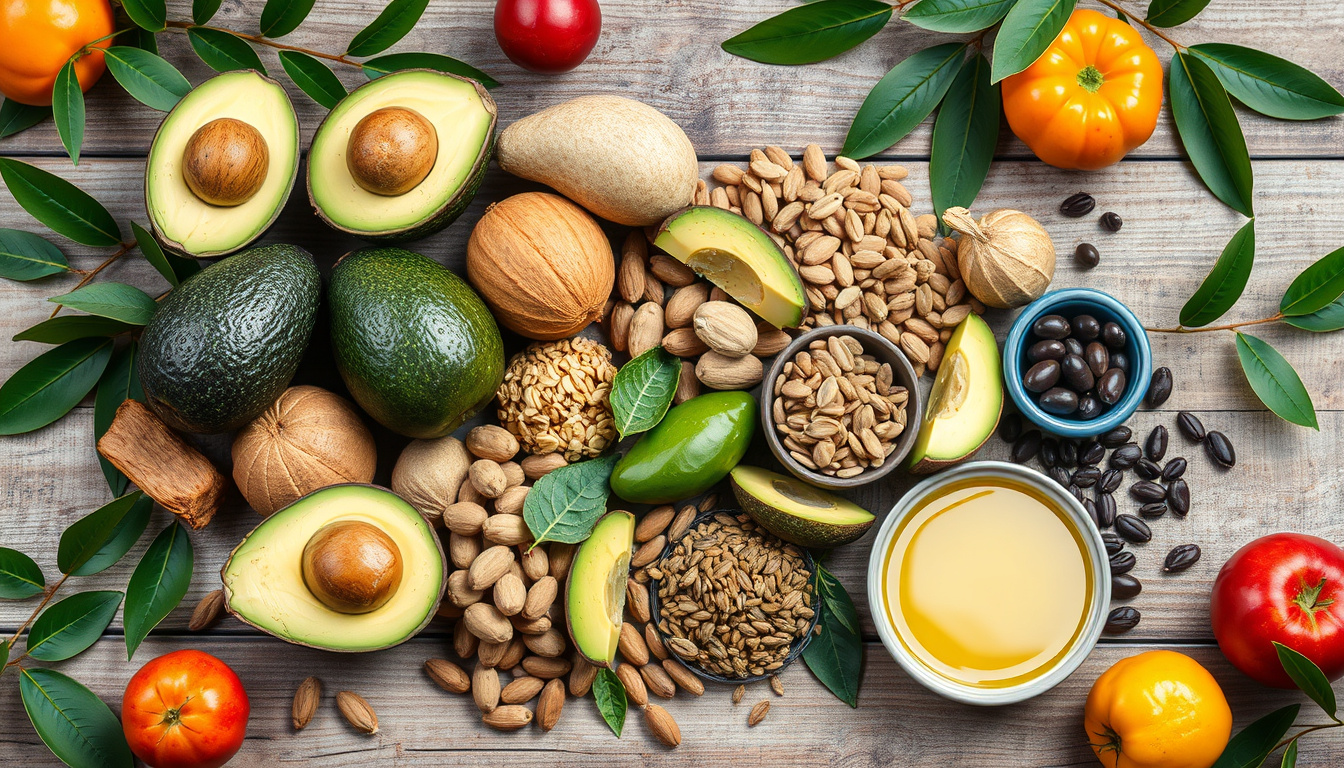Hey there! We all know eating healthy matters. You feel the pinch when your funds act small. Grocery runs seem like a stretch test. I got you. Today, we talk about eating well on a small budget. Let’s chat!
Understanding the Challenge: Eating Well on Limited Funds
Have you stood in a store and felt lost?
Prices on fresh fruits and whole grains make you pause.
You think that health food is made only for those with plenty.
The truth stands clear: you can shop smart and eat well.
Each word connects directly to the next, keeping ideas tight.
Make a Plan: Meal Prepping for Success
Plan your meals for the week.
Sit down, write a list—this step saves you money.
You reduce the chance of buying on a whim.
A written plan gives you clear needs at the store.
Real-Life Application:
- Choose Simple Recipes:
Look for recipes that use rice, beans, and local vegetables.
Websites like Budget Bytes or Pinterest hold many smart ideas. - Batch Cooking:
Cook a big pot of a healthy dish like chili or vegetable soup.
Freeze portions for later; it works like a treasure box for meals.
Shop Smart: Know What to Buy
When you shop, pick items that truly work for you.
Have you ever bought something just because it caught your eye?
Focus on Whole Foods:
- Produce:
Choose fresh fruits and veggies when they cost less.
When items seem pricey, opt for frozen or canned kinds. - Grains and Legumes:
A bag of rice or dried beans stays low in price yet sits well in many meals.
Accept the Generic: Brand Names Aren’t the Only Way
Many stick with well-known brands, believing they work best.
Try the store brand.
Compare ingredient lists; you may see they match closely in quality.
Try It Out:
- Look at the labels.
See the brand versus the generic and find the match in taste and value.
Seasonal Shopping and Farmers’ Markets
Have you walked into a local market?
These places present good goods and low costs.
Buying what is in season brings out the best taste and nutrition.
Quick Tip:
- Seasonal Fruits and Veggies:
They cost less and taste better.
Think of berries in the summer or squash in the fall.
Eating what is fresh feels good to your body.
Creativity in the Kitchen: Use What You Have!
Sometimes, your fridge holds spare ingredients with no plan.
Work with what you see.
Turn leftover veggies into a stir-fry or add them to an omelet.
Rethink Leftovers:
- Mix and match leftovers; let new meals come from old parts.
Stay Hydrated: Water is Your Best Friend
Drinking water keeps you full and bright.
Water stops the mix-up of thirst and hunger.
It keeps your body on track without costing extra.
Budget-friendly Beverage:
- Use tap water or brew herbal tea.
Add fruits to water for a fresh twist without high prices.
The Importance of Mindful Eating
Mindful eating means you sense every bite.
Take a slow pace.
You listen to your hunger signs and feel the meal in each chew.
This habit holds you close to what you eat.
Mindful Eating Tips:
- Chew slowly.
Savor each bite.
Let your body speak its need.
Bring It All Together: Your Budget-Friendly Healthy Eating Journey
There it is!
Eating healthy on a small budget works when you plan and act smart.
Think of your meals as a fun challenge.
Every small change builds up to big benefits.
Have questions? Want more ideas?
Reach out—I stand with you on this road.
Cheers to a healthier, happy life while keeping your funds safe!
Happy eating! 🍏
If you find these tips useful or wish to dive deep into budget cooking, check out our sections on meal prepping and grocery shopping hacks for more insights!




